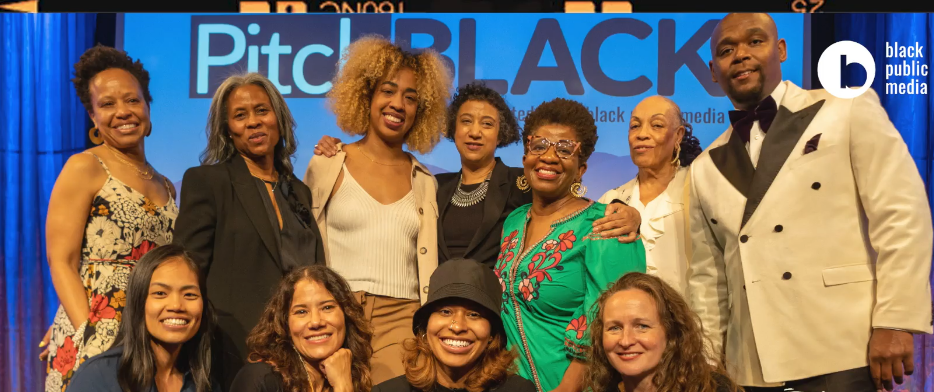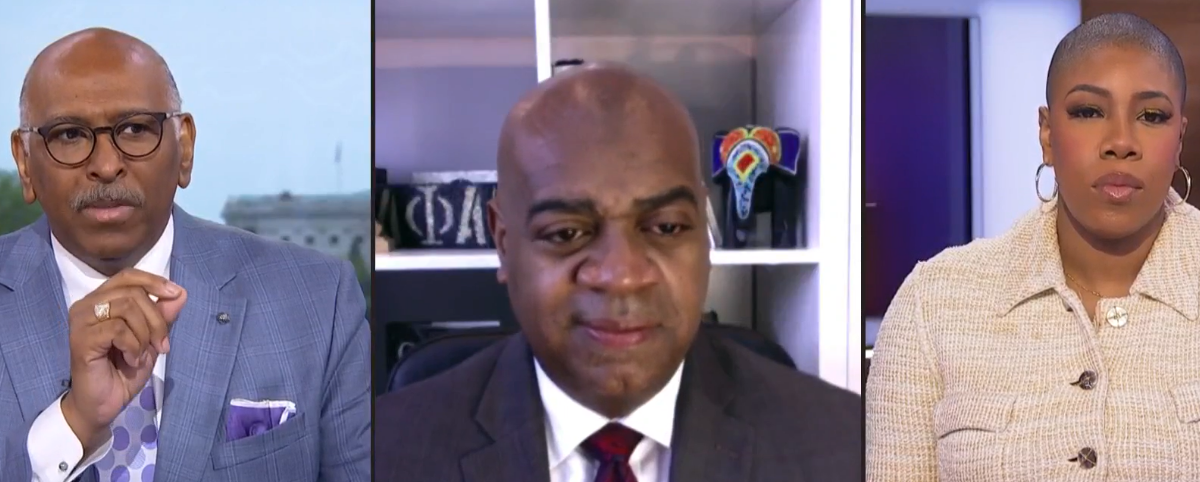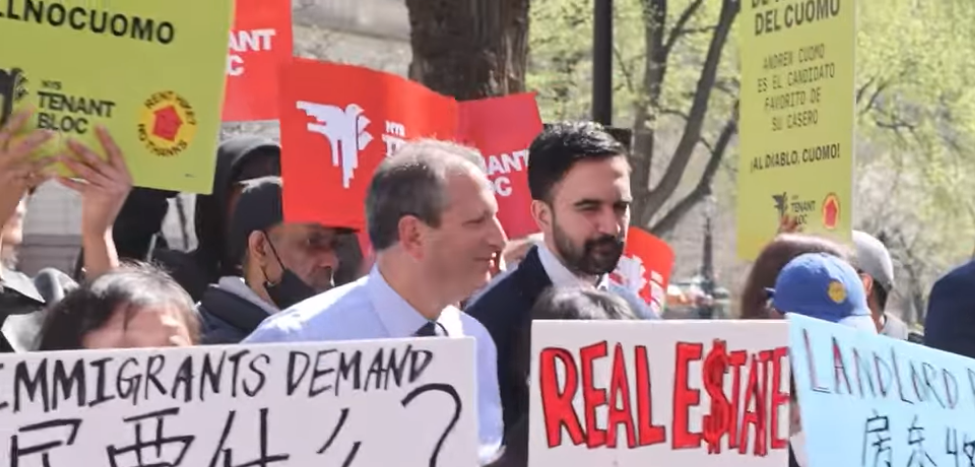Charles and Inez Barron. Photo Black Star News
[New York]
Within hours of Mayor-elect Bill de Blasio’s announcement that he was appointing Bill Bratton as New York Police Commissioner Councilmember Charles Barron held a news conference to denounce the appointee as the father of “racial profiling Stop-and-Frisk.”
“Asking Bill Bratton to come back and stop racial profiling stop and frisk is like asking an arsonist to help you put out fires,” Barron, who represents Brooklyn’s 42nd district, and who has been a consistent critic of Stop-and-Frisk, said.
“For Bill De Blasio to run a campaign on a platform of stopping racial profiling stop and frisk and then select William Bratton to become the new police commissioner is hypocritical. Bratton is the architect of racial profiling. He along with Giuliani devised the concept of stopping every Black and Latino youth in in the City with the hope they will find a criminal.”
Barron said the focus should be on economic development projects, community policing, and creation of recreational facilities for youth; these are more effective measures for effective policing, he said.
Barron said NYPD Chief of Department Phillip Banks III, who is African American, would have been a better appointee because was was “receptive” to change and to eliminating Stop-and-Frisk.
Barron, who is term-limited, was joined at the news conference in front of City Hall this afternoon by his wife Councilwoman-elect Inez Barron, who won his seat this past election; by his chief of staff Joy Simmons, who’s also an activist and community organizer; and by other anti-police brutality activists, and a parent of a teenager killed when Bratton served as Commissioner under former mayor Rudolph Giuliani.
“Bratton created racial tension and resentment with his policing methods not only in the Black community in New York, but also in Boston and Los Angeles,” Barron added. “This is an insult to the Black and Latino community and every voter of good conscious who gave De Blasio their support.”
Barron and Inez vowed a grassroots-focused protest campaign unless de Blasio rescinded the appointment. He said de Blasio “didn’t consult” people in the community but only got the approval of Rev. Al Sharpton, whom he said “doesn’t speak for all of us.”
Inez Barron said de Blasio was a flip-flopper who during the campaign at one point said he would end Stop-and-Frisk, only to later amend his position to say he would only reform it.
The Center for Constitutional Rights (CCR), the organization litigating the landmark stop-and-frisk case, Floyd v. City of New York, issued a cautious statement following the announcement of the Bratton appointment: “Given Mayor-elect Bill de Blasio’s commitment to dropping the appeal in Floyd, we expect incoming Commissioner Bill Bratton will embrace the full remedial order as a roadmap to meaningful stop-and-frisk reform and changing the police department’s relationships with the communities it serves. Bratton previously addressed unconstitutional racial discrimination in the Los Angeles Police Department, working with a court-appointed monitor to implement change. At the same time, we hope Bratton’s appointment is not a signal from de Blasio that the NYPD will be ramping up so-called ‘broken windows’ policing, surveillance, and numbers-driven policing. As Mr. Bratton himself has stated, constitutional policing is not inconsistent with effective policing. Mr. Bratton has implemented reform before under a court-ordered process, and we are hopeful he will work with community representatives and civil liberties groups do the same with the NYPD.”
In August U.S. District Court Judge Shira Scheindlin ruled that Stop-and-Frisk as practiced by the New York Police Department was unconstitutional and appointed a monitor. Her decision was stayed and the case was removed from her after a motion by the City, which also appealed her ruling; it will be heard in the spring although the de Blasio administration is expected to drop the appeal.
In announcing the appointment of Bratton this morning, de Blasio in a statement said the new commissioner would “protect New Yorkers, while simultaneously respecting their civil liberties.”
The statement said de Blasio “charged Bratton with using the best technology and tactics to deepen New York City’s historic gains in public safety, to continue innovating approaches that protect New Yorkers from terrorism, and to bring police and communities closer together by ending the overuse and misuse of stop-and-frisk.” “Under his leadership in the mid-1990s, felony crime in New York City fell by 39 percent. He proved to be as effective in Los Angeles, where violent crime declined by 26 percent during his first three years as Chief of Police. By 2009, the crime rate was 54 percent lower than it had been during his predecessor’s final year,” de Blasio’s statement added.
Several elected officials issued statements backing the appointment of Bratton.
“As a leading national architect of community policing, he understands that partnerships, problem-solving and prevention are instrumental in driving down crime,” New York State Attorney General Eric Schneiderman, said of the appointment. “His development of CompStat was a revolutionary innovation that changed the face of policing and made us all safer.”
Others backing the appointment were: former Los Angeles Mayor Antonio Villaraigosa; Manhattan borough president and comptroller-elect Scott M. Stringer; Congresswoman Nydia M. Velázquez; and, Brooklyn Borough President-Elect Eric Adams, a former police officer.
New York City Council Member Jumaane D. Williams, also a vocal critic of Stop-and-Frisk congratulated Bratton on his appointment but also urged quick reforms.
Bratton, who has been police commissioner in New York, Boston, and Los Angeles, is currently Chief Executive Officer of the Bratton Group LLC. He holds a Bachelor of Science degree from Boston State College and is a graduate of the FBI National Executive Institute and the Senior Executive Fellows Program at Harvard’s John F. Kennedy School of Government.








